detail profile margitai c3 81gi
Peran Yang Di Mainkan Margitai Ági
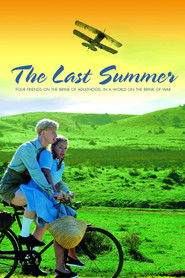 A moving coming of age story...
A moving coming of age story...The Beheaded Rooster 2007
A moving coming of age story in a time of extreme change: on August 23, 1944 in a small city in Romanian Transylvania, the 16 year old Felix Goldschmidt awaits his classmates for their traditional Exitus Party (school graduation). However, this very day the kingdom of Romania takes leave of its ally of many years - Nazi Germany - thus ending the 800 year old, highly successful story of ethnic German immigration at the feet of the Carpathian Mountains. It is a great story of young people's blindness to the rise of Fascism, the destruction of bourgeois values, a first love and shattered friendships.
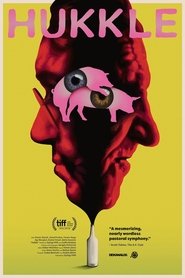 Using almost no dialogue the film...
Using almost no dialogue the film...Hukkle 2002
Using almost no dialogue, the film follows a number of residents (both human and animal) of a small rural community in Hungary – an old man with hiccups, a shepherdess and her sheep, an old woman who may or may not be up to no good, some folk-singers at a wedding, etc. While most of the film is a series of vignettes, there is a sinister and often barely perceptible subplot involving murder.
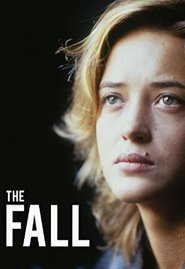 In Budapest two Americans live together...
In Budapest two Americans live together...The Fall 1999
In Budapest, two Americans live together. Adam, a former Manhattan prosecutor at work on his first novel, and Lisa, a cool hard-working financier who idolizes her boss (former Communist turned deal maker, Kovacs) as she tires of Adam's lifestyle. Cut to the subway, where two tough guys are pursuing Marta, a blond waif. She manages to surprise one of them in a hallway, dispatching him with a straight razor, and she barges into Adam's apartment to elude the other. She tells Adam why she is running, a story that implicates Kovacs, and she seeks Adam's help and affection. He takes her side, and slowly Lisa, Adam, Kovacs, Marta, and her pursuer draw toward a showdown.
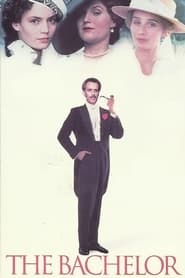 In preWWI AustriaHungary a physician struggles...
In preWWI AustriaHungary a physician struggles...The Bachelor 1990
In pre-WWI Austria-Hungary, a physician struggles with his decision about which woman will he marry.
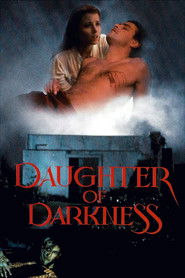 An atmospheric subhallucinogenic venture into the...
An atmospheric subhallucinogenic venture into the...Daughter of Darkness 1990
An atmospheric, sub-hallucinogenic venture into the world of the unknown. The enigma facing a young woman is the identity of her father. Unfortunately for her, she becomes drawn into a small Romanian underworld of brooding menace, darkness, torture chambers, and vampires.
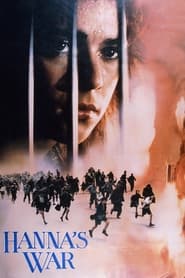 Hannas War is the true story...
Hannas War is the true story...Hanna's War 1988
Hanna's War is the true story of Hanna Senesh, a Hungarian-Jewish WW2 resistance fighter, who would become Israel's "Joan of Arc". As a young person, she fled Nazi-occupied Hungary for Palestine, where she was recruited and trained by the British to serve as a commando. After completing her training in Britain, she parachutes into Yugoslavia with a commando team to establish escape routes across the Hungarian-Yugoslavian border for downed British pilots. Her attempts to save Hungarian Jews in Nazi-occupied Hungary, however, leads to her capture, torture and demise at the hands of the Gestapo and the Nazi-controlled Hungarian police.
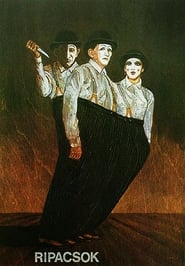 Ripacsok is a great movie with...
Ripacsok is a great movie with...Salamon & Stock Show 1981
"Ripacsok" is a great movie with great soundtrack, acting, cinematography, direction, etc. The world of "artists", hamming actors, good clowns and bad clowns... A unique movie in many ways. Pál Sándor is a very good hungarian director, watch his movies (especially the slightly better "Régi idõk focija") if you have the chance.
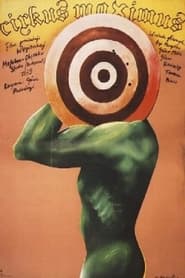 During World War II Carlotta the...
During World War II Carlotta the...Circus Maximus 1980
During World War II Carlotta, the circus owner maintains herself, her lover and her rather run-down circus-team by illegal man-smuggling. In the year of 1944, besides the usual refugees, she even has to take Professor Máté, the renown mathematician to the Yugoslavian partisans. The team is joined by Carlotta's psychotic son who has escaped from an asylum.
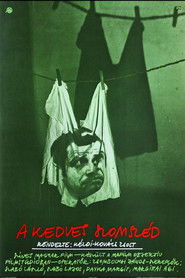 Hungarianborn Laszlo Szabo returned to his...
Hungarianborn Laszlo Szabo returned to his...A Nice Neighbor 1979
Hungarian-born Laszlo Szabo returned to his native country to play the part of Dibusz in this comedy. When the residents of a large old house learn that it is to be torn down and that they will be relocated elsewhere, an intense game gets underway. As is usual in such instances, the residents will be given new apartments commensurate in size with their old ones. Dibusz sees this as an opportunity to temporarily enlarge his "assigned" space in the condemned building. He wants to be reassigned to an apartment which is larger than his current bathless one-room space. He and a neighbor cooperate to break down the walls that separate their spaces from that of an old woman who just died after a brief tussle. Still not satisfied, he tries to marry one of two spinster women who live together but is rejected. In the course of the film, he has intense encounters of one sort or another with anyone who might be of help to him in his quest.
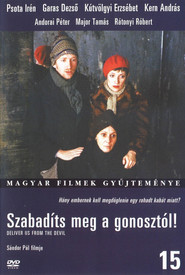 Winter of 1944 the last days of...
Winter of 1944 the last days of...Deliver Us from Evil 1979
Winter of 1944, the last days of the war. When the roads and houses ceased to exist and the bottom of the cellars become filled with life, when fortunes were lost and countries burned up, her used coat was only important to Mama, the cloak-room servant of a local dance-school. Her son stole it to sell it for twenty pengő. He did it because Aranka Fussbaum's love cost money. There is no honour left in such a destroyed world. Yet still they start looking for that coat... (Elemér Ragályi won Best camera with this movie in Montreal, 1979, and in Budapest, 1980.)
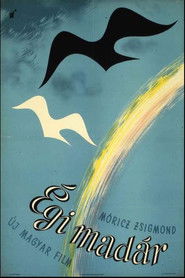 Panni coming from a landless family...
Panni coming from a landless family...A Bird of Heaven 1958
Panni, coming from a landless family of ten and Miska have loved each other for a long time. The pretty Panni, however, has another suitor as well: Komáromi, the big farmer. The two men fight from time to time, but then, during the time Miska is serving his military duty, Panni marries Komáromi to end the tremendous squalor of her family.
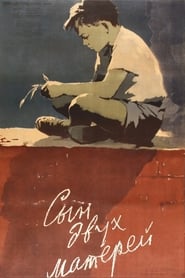 Dani the fewmonthold little boy born...
Dani the fewmonthold little boy born...Dani 1957
Dani, the few-month-old little boy born outside marriage is left by Eszter in the lap of her companion on the train. The widowed Aranka takes him willingly to her. The child is already ten years old and has a good life with Aranka. Then Géza enters their life and he does not welcome the child of someone else.
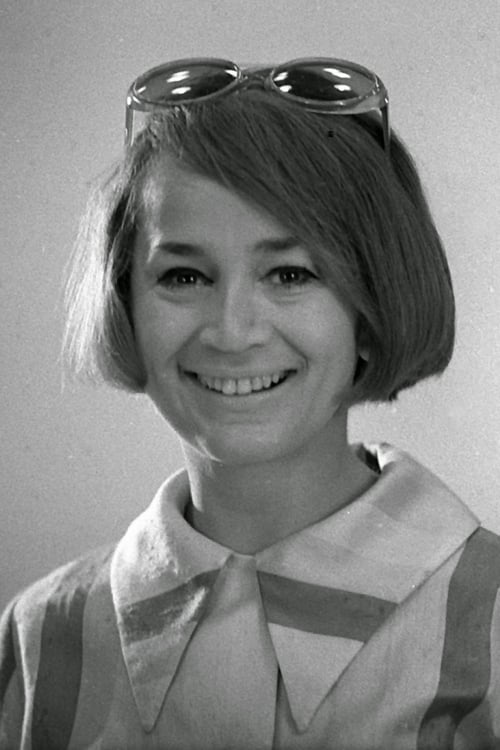
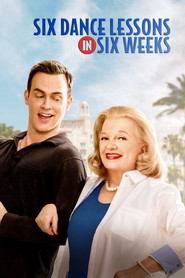 A retired woman hires a dance...
A retired woman hires a dance...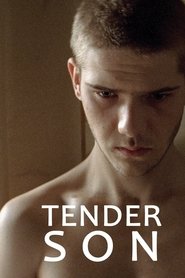 A boy returns home from the...
A boy returns home from the...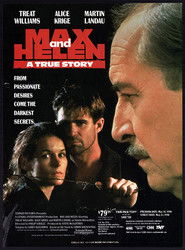 In trying to bring a former...
In trying to bring a former...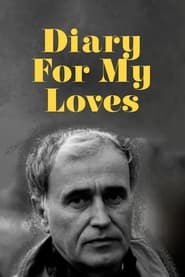 A continuation of Diary for My...
A continuation of Diary for My...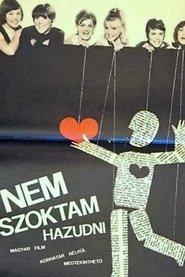 Mythomaniac teenager Anna tries to impress...
Mythomaniac teenager Anna tries to impress...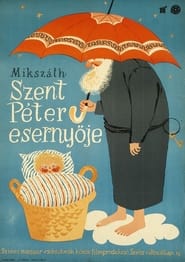 A comedy about a lost inheritance...
A comedy about a lost inheritance...